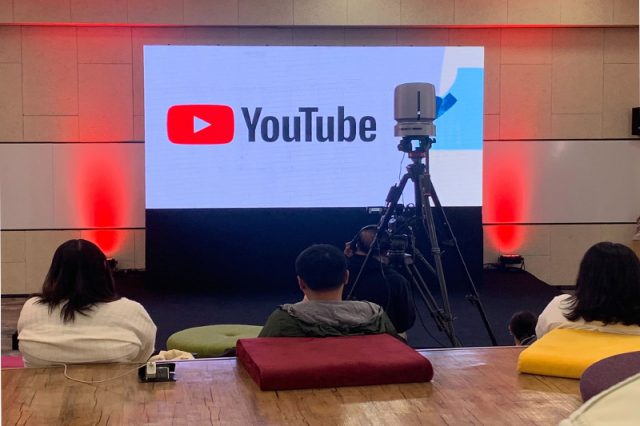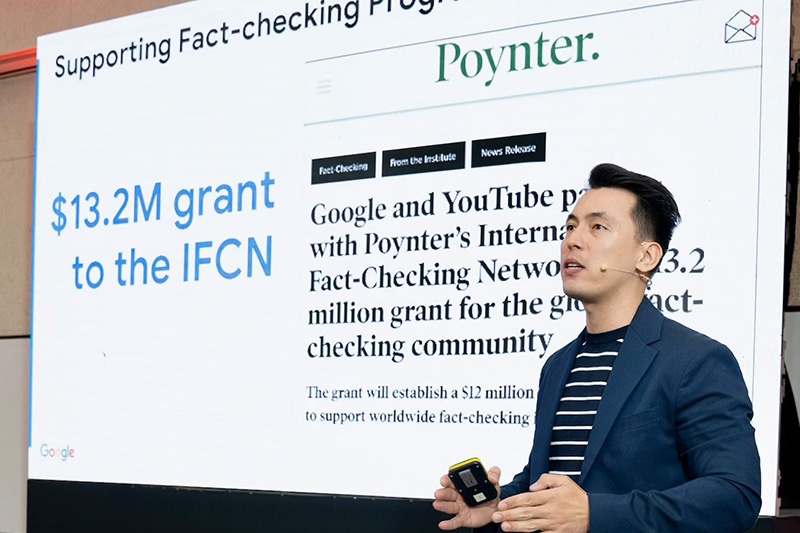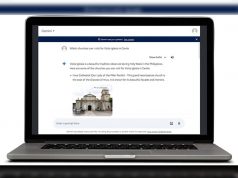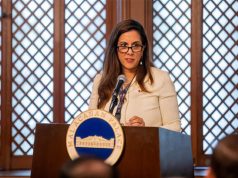
Data from Google Trends revealed that more Filipino online users are getting curious about the prevalence of misinformation and disinformation.
According to Google Trends, the Philippines is the top country in the world searching for the terms “fake news” and “misinformation” in 2023.
It likewise found that the Philippines is one of the top ten countries in the world searching for the keywords, “disinformation” and “fact-checking.”
The search interest for scams also reached an all-time high in the Philippines this year.
Mervin Wenke, head of Communications and Public Affairs at Google Philippines, said these data indicate that many Filipinos would like to understand more about these important issues.
“Access to trusted information and content is so important. Our goal is to empower media, creators, and fact-checkers around the world with the tools, opportunities, and capacity to help people online make informed opinions,” Wenke told content creators and the members of the press last April 27.
Given this development, Google and YouTube pursue their ongoing commitment to drive news and media literacy among Filipinos.
It launched activities and various tools to help fight misinformation in the country.
Here are some of the ways their ways:
Google Search “About This Result” feature
This feature equips users with the information they need to evaluate the content whenever they search entries on Google. By clicking three dots on a particular entry on the results page, more information will be shown. The information panel provides additional context to the entry. It is also available in Filipino.
Breaking News on YouTube
This feature is a shelf that appears on YouTube’s homepage to feed viewers relevant videos from authoritative news sources when a major breaking news event happens.
Information Panels
YouTube said that users who search for topics prone to misinformation, such as the moon landing or “the Earth is flat,” would see information linked to third-party sources at the top of their search results or under a video they are watching.
Community Guidelines
Like other social media platforms, YouTube has rules in place within its platform. The rules order users how to behave on the platform. The policies apply to all types of content on the platform, including unlisted and private content, comments, links, Community posts, and thumbnails. Creators who will violate the guidelines will receive a strike for every three guideline violations. Three strikes within 90 days mean permanent removal from YouTube.
Google Transparency Report for the fourth quarter of 2022 revealed that the Philippines ranks 15th globally for the number of violative videos removed.
It also said that 94% of videos removed from the platform were first flagged by machines and then reviewed by humans.
Fact-checking Training
As part of its commitment to fight misinformation, Google and YouTube are holding capacity-building around the world to help media assess information online.
Google has trained over 177,500 journalists in 17 countries across Asia Pacific, including the Philippines, over the past years.
They have related local initiatives such as “Toto oba ‘To?”, a literary program with the Asian Institute of Journalism and Communication, #YouThink, English and Cebuano magazine that fight misinformation published by Center for Art, New Ventures, and Sustainable Development or CANVAS and a collaborative song with Ben&Ben titled “Mag-Ingat.”
“Mag-Ingat” is a track that promotes internet safety and digital responsibility released on Safer Internet Day in February last year.
READ: ‘Mag-ingat’: Ben&Ben drops song promoting internet safety, digital responsibility
Aside from these initiatives, Google and YouTube are also providing grants to organizations to support their fact-checking efforts.
In November 2022, they announced a $13.2M grant to the International Fact-Checking Network (IFCN) at the Poynter Institute to launch a new Global Fact-Check Fund. This is Google and YouTube’s single largest grant in fact-checking.
The social network giants send it is open to receive applications from IFCN’s network of 135 fact-checking organizations from 65 countries, including the Philippines, covering over 80 languages.

They may apply for grants from the Fund’s first phase, called BUILD, until May 15. Interested applicants may submit their application here.
Google also said it vows to help media workers and creators succeed on platforms like Shorts so “that quality content and journalism thrive even on new popular formats.”
“We believe the media and creators do play an important role in ensuring that more Filipinos online can connect to trusted information even on new formats like short videos,” Wenke said. —Rosette Adel









